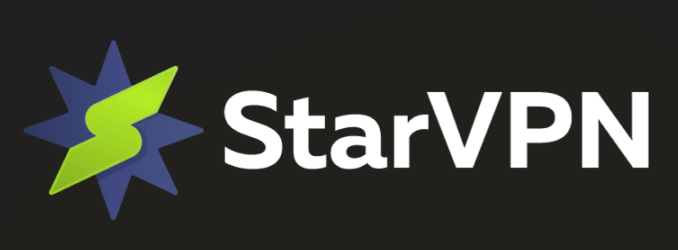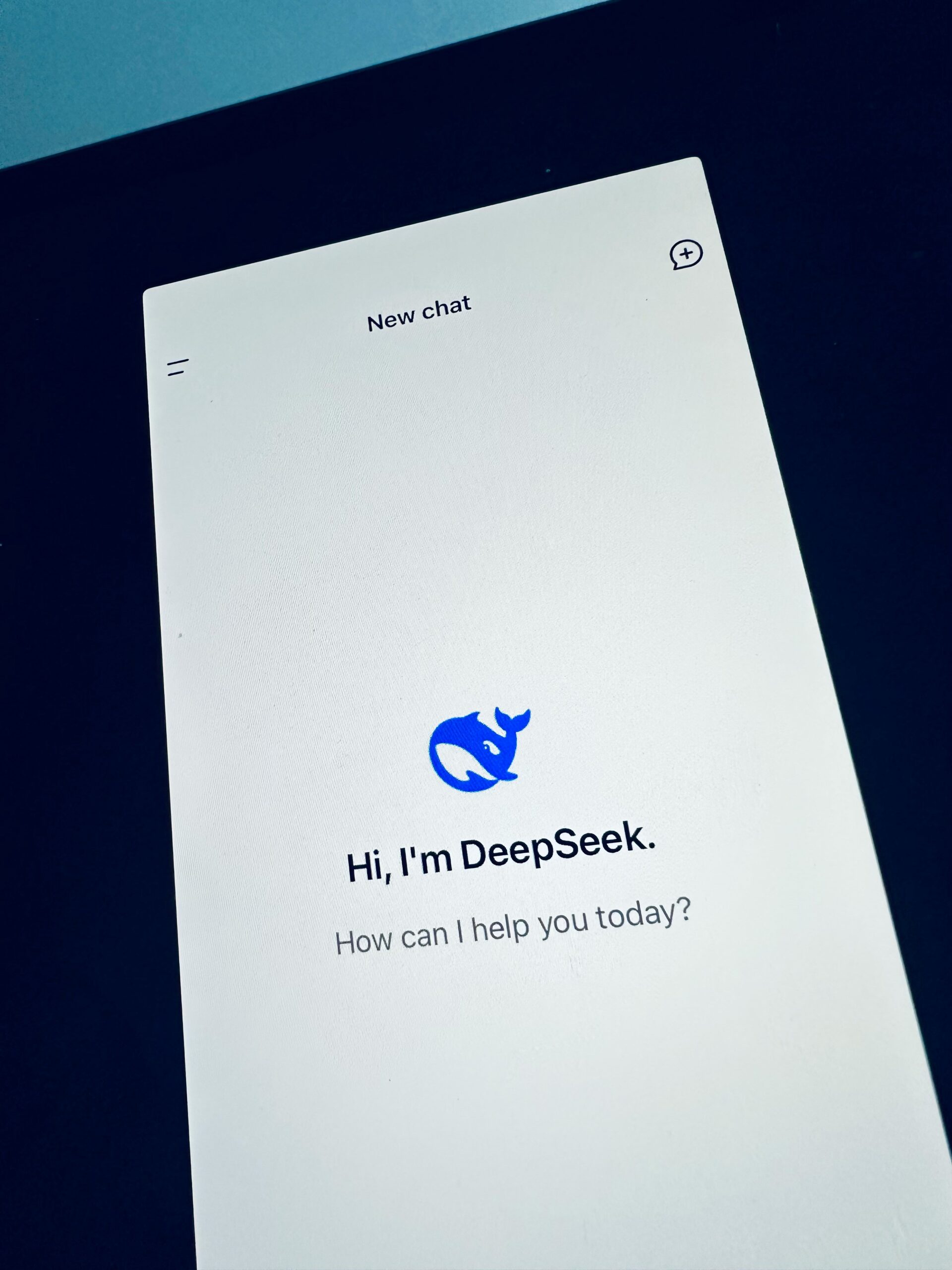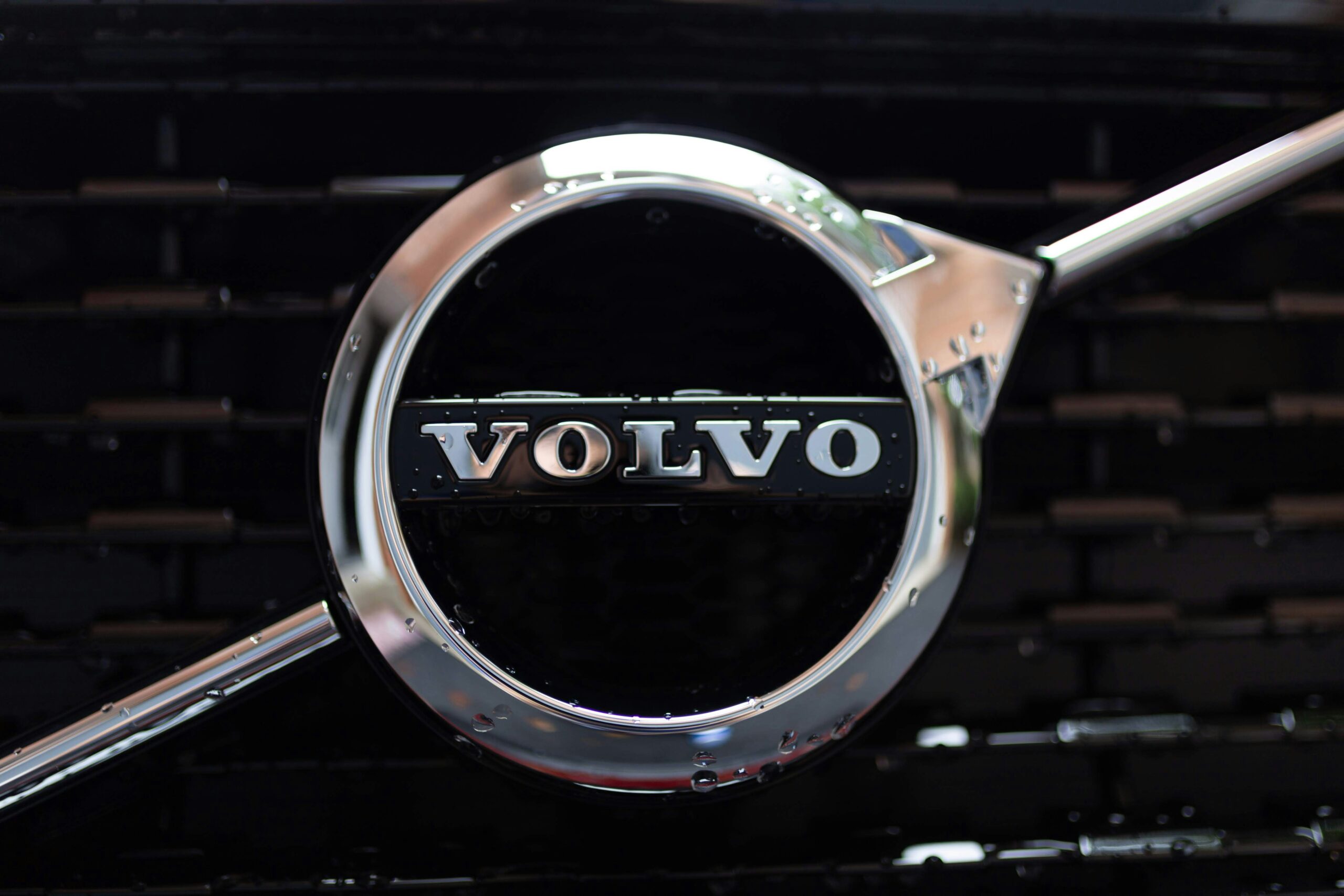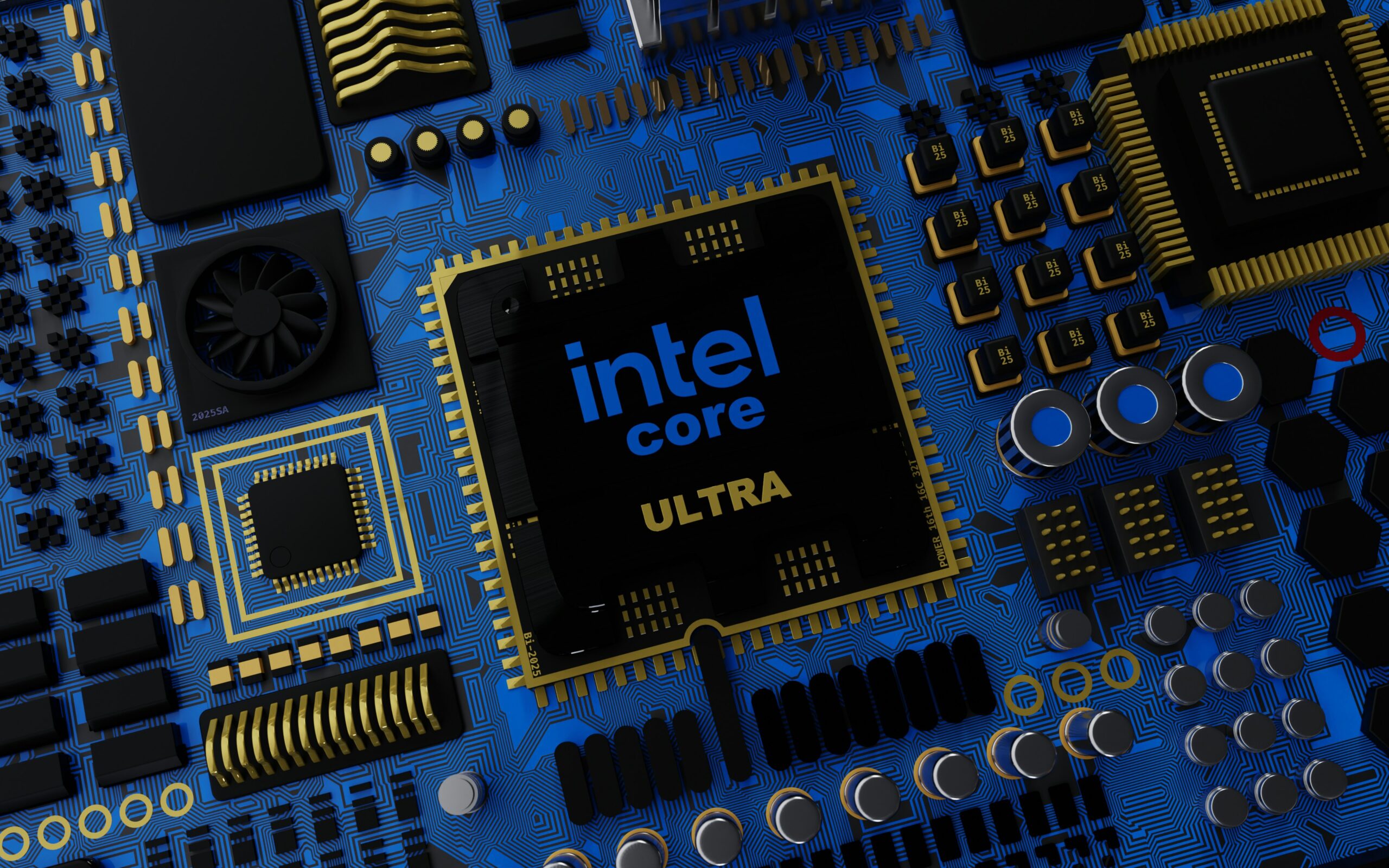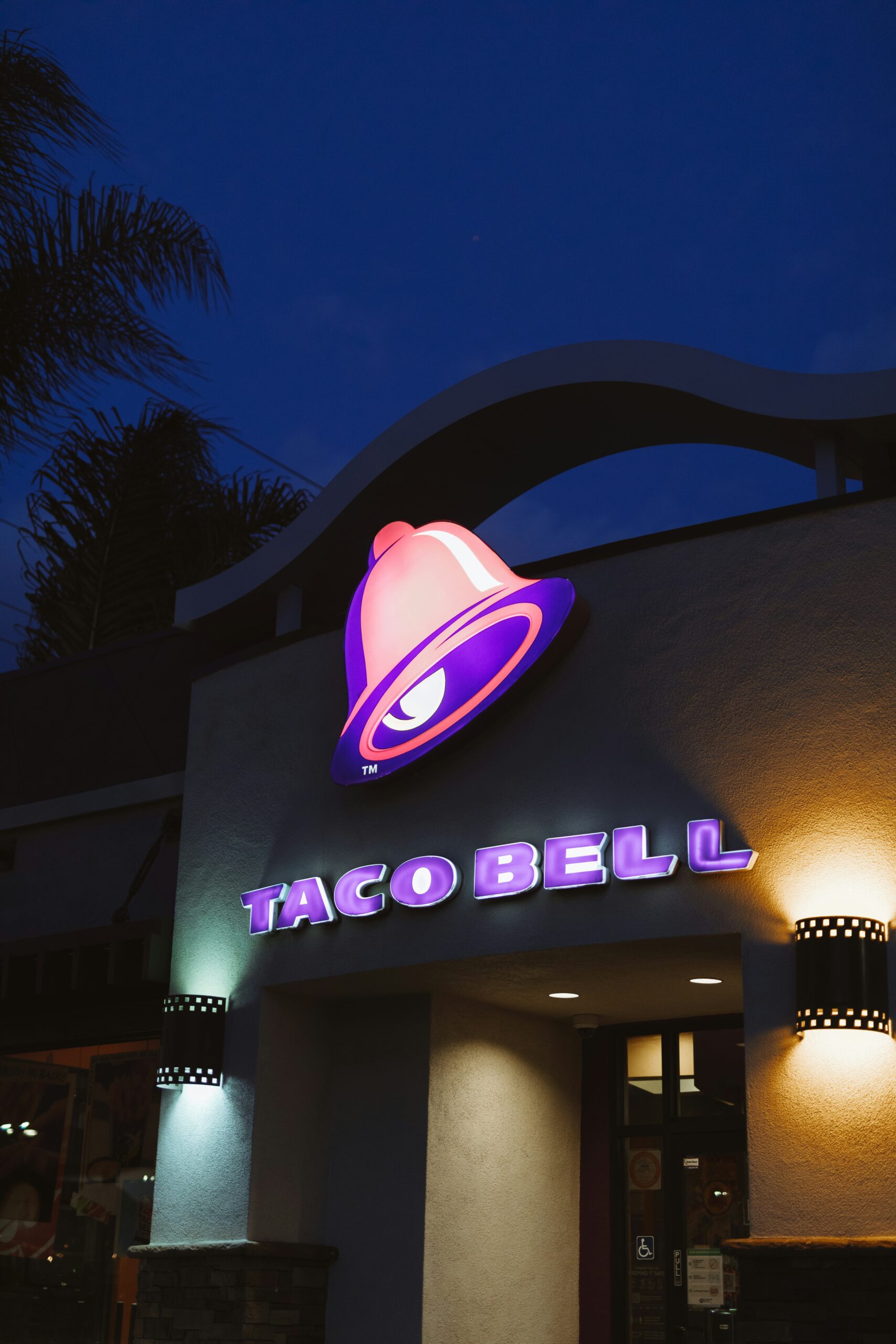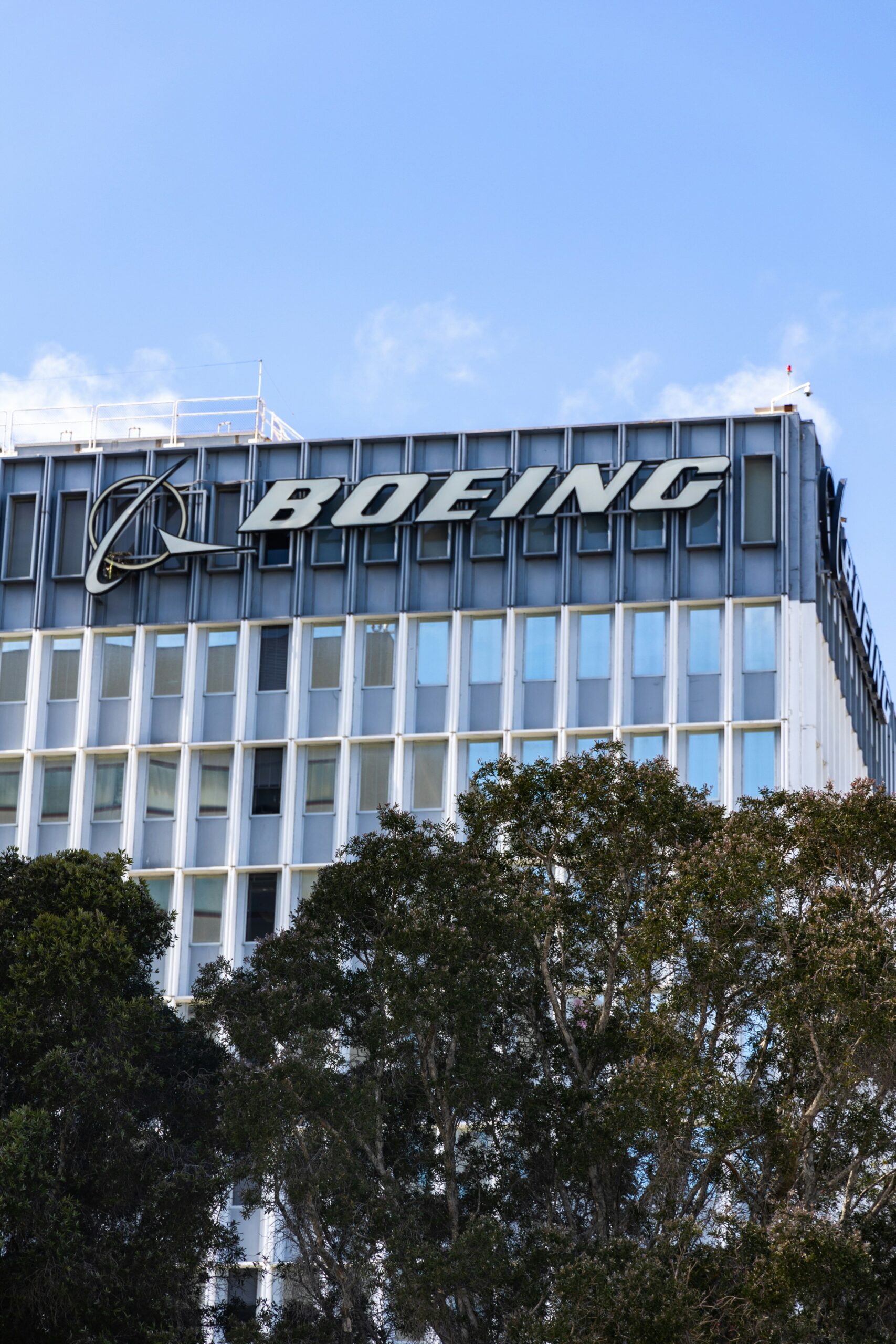Image credit: Unsplash
The most successful Silicon Valley startups are managing to remain private for extended durations, which disappoints investors desiring significant cash once said entities make their shares available for public trading.
It’s All in the Deal
Recently, a number of transactions in the tech industry have resulted in the largest startups generating billions in new capital. This enables these establishments to expand and offer their workforce ways to cash stock options. The aforementioned events typically encourage companies to take their stocks public.
Prime Examples
Databricks, an AI and data analytics corporation, raised $10 billion in capital last month, which turned out to be the largest venture capital fundraising effort of 2024. This undertaking came on the heels of Space X’s $1.25 billion effort in November, making the company the world’s most valued private startup. In October, Open AI collected $6.6 billion.
“We are operating as a public company already,” said Ali Ghodsi, chief executive officer of Databricks, in an interview with the Financial Times.
The entity’s success has excited the investment community, with some investors offering astronomical numbers for the chance to sip from its bottle. Ghodsi added that he has been offered as much as $19 billion. However, the tycoon continues to stand firm.
“The absolute earliest we would go public is this year, but we have the flexibility now,” he said.
Changing the Focus
The deals mentioned above place the focus on an emerging collection of startup companies. Usually, these businesses are significantly larger than smaller establishments already operating in public markets.
Analysts expect a smaller group, including several private equity-backed startups, to capitalize on favorable American equity markets. The largest tech startups, especially those specializing in AI, face little pressure to go public quickly.
“They have so much access to capital at so much scale that there isn’t an incentive driving them to go public,” said Kelly Rodriguez, chief executive at Forge Global, a marketplace for trading private company stocks.
Private Market Successes
Research conducted by Forge Global found that private markets have expanded over the last several years. The seven largest private entities in the United States are estimated to be worth almost $700 billion. Open AI and SpaceX hold $500 billion of those assets.
An Underlying Factor
The appearance of expansive venture firms has aided in the trend’s development. As little as 10 years ago, venture capitalist firms rarely funded startups more than $100 million. At present, that figure is a mere pittance compared to the money some investors are poised to shell out.
Over the last two years, Josh Kushner of Thrive Capital has invested more than a billion dollars in companies such as Databricks, Open AI, and Stripe. These actions are a far cry from traditional venture capital investing.
“The largest 15 to 20 startups, including Databricks and Stripe, have effectively had their IPOs (initial public offerings) as private companies,” said Mitchell Green, managing partner of Lead Edge Capital.
Not All Startups Remain Private
Some startups decide to go public for various reasons. For example, the software corporation Service Titan was listed on the NASDAQ exchange last month. Executives made this move because of terms established during funding activities conducted in November 2022. In other instances, companies decide to go public to enable employees to cash in stock options to fund retirement.
Will the Trend Continue?
Currently, financial industry insiders do not believe that powerful startups will need to go public now or change course in the near future.
“Databricks, Stripe, and companies that can access funding are not going to go public in 2025,” said Kyle Stafford, lead venture capital analyst at PitchBook. “The first companies out will be those that are forced. It will be a bunch of water testers before the $50 billion companies.”






































